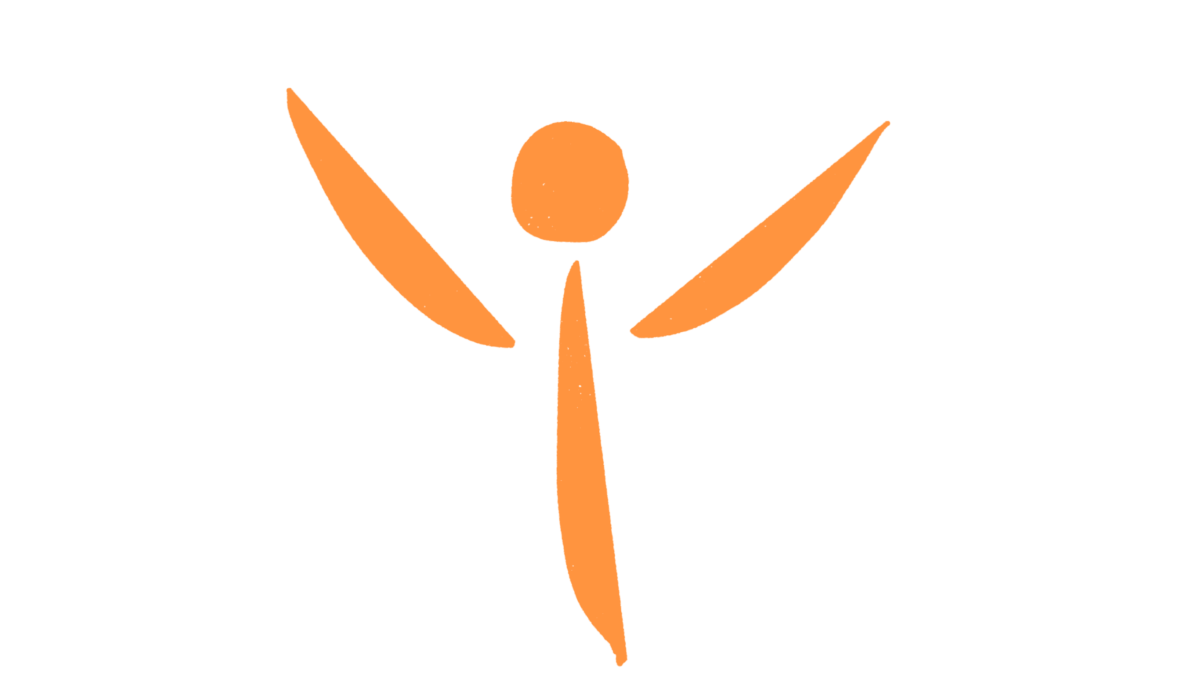
Figure 1 IM POSSIBLE
Belief change can be triggered by a set of techniques, from the world of Neuro Linguistic Programimg (NLP), which can then alter how we are, in certain situations. A presupposition of course is, that you really do want to change.
The reasons you’d want to know about this are:-
• Our internal maps of ‘Reality’ are determined by the beliefs we hold.
• Some of those maps that we have learned, may not be useful to us now, as they are currently held.
• The maps are laid down as patterns in our subconscious mind.
• We can ‘change’ and build new maps using different beliefs that will alter our perception of situations , problems etc.
What is this about?
A useful way to help us move forward in a situation when we determine a belief is holding us back.
How can we use this?
Let’s take an example of, responding in the moment. Using the observer notice what beliefs come up when there is an opportunity to respond in the moment and we do not respond, for example :-
Belief :- I need to be sure of my facts, before I can ask any questions.
A question to perhaps now ask yourself is, what do I need to believe in order make a response in the moment?
I need to believe that it is not important to always have the all the details and facts, for example.
 Figure 2 Change beliefs change your life
Figure 2 Change beliefs change your life
Maybe a more useful belief to hold is :- It is OK to respond in the moment, without knowing all the facts and details. Write this new belief down and read it back to yourself over several days. You may need to modify it slightly to have it fit into your ‘changing’ mindset e.g. it becomes, “I am learning it is ok to respond in the moment, without knowing all the facts and details.”
In the next situation that arises, let’s say, you do respond and find to your astonishment, nobody dies! And you got more of what you needed 🙂
More details of these techniques can be found in NLP books and teachings, just be aware that you can change your beliefs, you are not ‘stuck’ with them forever.

Figure 3 Belief chain break
Start to notice situations, when beliefs are not serving you.
Explore that situation, what triggers the belief?
How might you change it?
What would be a more useful belief to hold?
Write that more useful belief down, play with the words till they sound good, for example add the words, “I am Learning to…”



